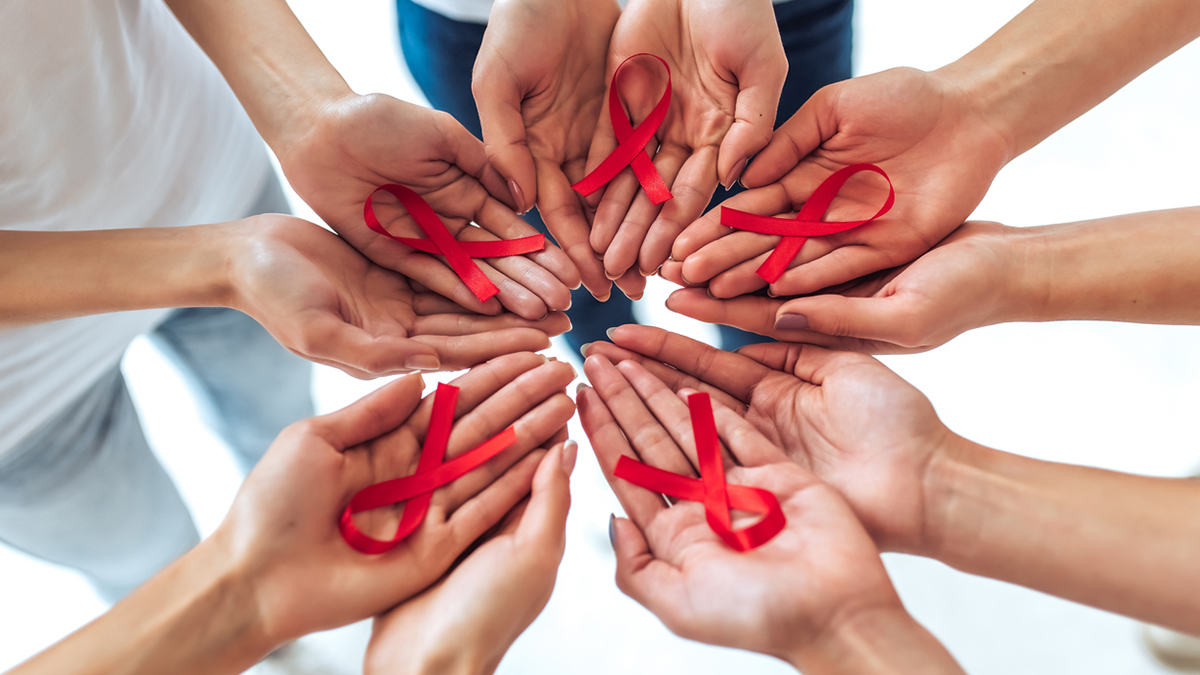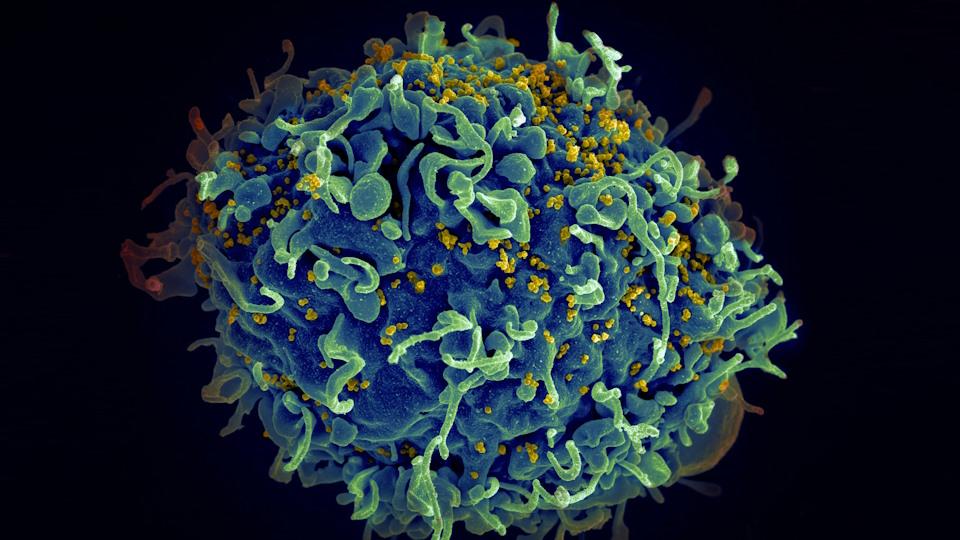ViiV Healthcare study reveals outdated perceptions of HIV

New research from ViiV Healthcare has revealed a widespread gap in public knowledge and understanding of HIV worldwide, with three-quarters of people reporting that there are still negative perceptions of people living with HIV.
ViiV Healthcare unveiled data from the global study on World AIDS Day 2022 (1 December) as part of ViiV Healthcare’s ‘HIV in View’ campaign.
The online survey, conducted by Opinium in 2022, gathered insights into global perceptions of HIV from 8,000 adults across eight countries, including the UK, France, Germany, Canada, Australia, Japan, South Africa, and Brazil.
Results from the survey showed that while the majority of people surveyed agreed that they feel comfortable engaging in some form of physical contact, including as holding hands (76%) or hugging (75%), only one in two respondents reported that they would feel comfortable dating a person living with HIV.
“It is clear that there is an urgent need to increase knowledge and awareness of HIV, dismantle associated stigma, and ultimately reinforce the need to raise HIV on the global health agenda,” says Deborah Waterhouse, chief executive officer of ViiV Healthcare. “This World AIDS Day, inclusivity and health equity remain at the forefront of our HIV efforts, and we urge every person to come together to help address inequalities, fight HIV stigma and discrimination, which are currently holding back our progress of ending AIDS worldwide.”
Moreover, survey results also found that 25% of adults do not believe it is appropriate for employees to discuss HIV in the workplace, a factor that ViiV Healthcare highlights as perpetuating the perception that HIV is a ‘taboo’ topic.
The survey also evaluated the role that language plays in how HIV is viewed and discussed, with 70% of respondents agreeing that using stigmatising language could negatively impact mental health and prevent at-risk communities from accessing HIV prevention services.
“When we talk about HIV in conversation, in the media, within clinical settings, policies, and guidelines, the use of stigmatising language can marginalise people living with, or affected by HIV,” says HIV physician Dr Laura Waters, chair of British HIV Association and founder of the People First Charter. “Person-first language must be the absolute norm to help challenge HIV-related stigma and discrimination. We’ve come a long way – but too many examples persist and we need a unified voice to challenge these.”
The HIV in View campaign (launched in 2020) aims to challenge outdated and negative attitudes towards HIV and those living with the condition by spotlighting the real-life experiences of the community.













